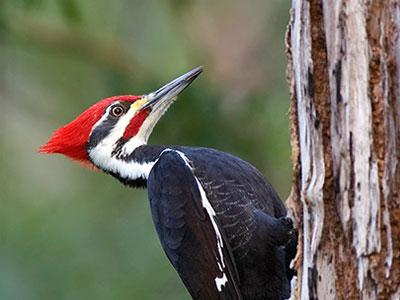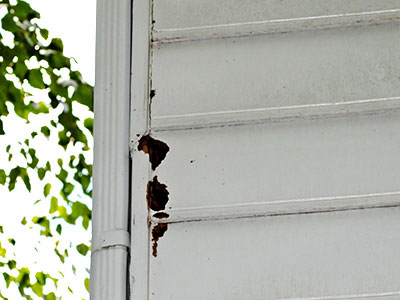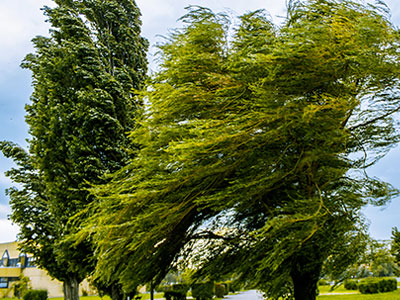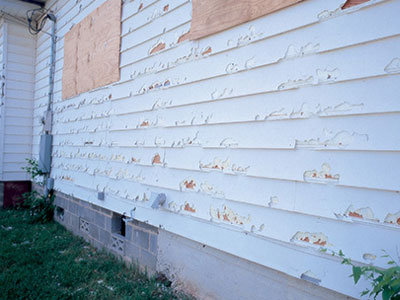- >CALL ☎
- >TEXT 💬
Welcome to
The Recognized Leader
James Hardie® products grace the sides of more than 10 million homes across North America. We've won over the press, the remodeling industry, and most importantly, our customers, with the beauty and durability of our products.
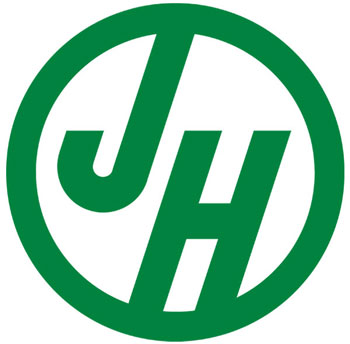
PERFORMANCE AND DURABILITY
Siding is exposed to Mother Nature all day, every day, for years. Weather, water, time, fire and pests - all can lead to trouble. That's why James Hardie's hardworking products are engineered to stand up beautifully, whatever the elements.
Be Ready For Anything: Bad weather can strike at any time. So, James Hardie tests the products to better withstand worst-case scenarios: hurricanes, UV rays, snowstorms, and more.
Seasons: But it's not only extremes that break down siding - the change of seasons does a number on materials such as vinyl (which may crack in the cold) and wood products (which expand and contract with changes in moisture and humidity)
Climate: Only James Hardie products are Engineered for Climate®
A HardieZone® for Everyone: After studying the long-term effects that different climates have on siding, James Hardie created the HardieZone® system, to ensure that you get the right product for your region. HZ5® products are made to resist wet, freezing conditions. HZ10® products protect homes from heat, humidity, blistering sun and more.
MOISTURE AND ROT RESISTANCE
Water can damage your home like nothing else can. It may be gradual, but it is relentless, and can cause mold, swelling, cracking, and color separation. This is where James Hardie stands out from its competitors.
Wood-composite siding has a tendency to expand, buckle and crack when repeatedly exposed to precipitation.
James Hardie® products are specifically engineered to withstand damage from moisture and rot, and will hold their own, come rain, sleet, or snow.
DURABLE OVER TIME + FIRE PROTECTION
One thing's for sure: As the years go on, we all show signs of aging. But since James Hardie products are created to stand up to the demands of your specific climate, they will look great for years, potentially saving you time and money.
ColorPlus® Technology: With James Hardie's added benefit of ColorPlus® Technology - a baked-on color option that resists fading - your siding will look great without excessive maintenance.
Fire Protection: In case of a fire, you want to know the walls of your house will help protect you while your family seeks safety. Fire feasts on wood, and it melts vinyl almost instantly. But Hardie® siding will not ignite when exposed to a direct flame, nor will it contribute fuel to a fire.
Keep Fire Out: HardiePlank® lap siding holds up during a home fire and the home's interior is not penetrated. No wonder James Hardie siding is endorsed by firefighters nationwide.
Insurance Discount: Because James Hardie brand products are non-combustible, many insurance companies offer a discount. We recommend sharing fiber-cement siding's fire-resistance qualities with your insurance carrier.
INSUSCEPTIBLE TO PESTS
Mother Nature's creatures can wreak havoc on some types of siding. Because it's wood, OSB or wood-composite siding can be pecked by birds and devoured by insects.
Shown here, a woodpecker has done extensive damage to this wood home, allowing moisture and other pests to get in. James Hardie fiber cement siding offers little appeal to critters and won't be eaten by termites.
WEATHER WITHSTANDING
Severe weather will test the strength of your home. Hail and blizzards hit hard and fast. Extreme droughts and relentless heat can go on and on. Your choice of siding, along with proper installation, can help your home stand up to these unpredictable elements.
James Hardie fiber cement siding helps resist the impact of hail and windblown debris and is designed to perform in extreme heat and cold.
INSUSCEPTIBLE TO PESTS
Mother Nature's creatures can wreak havoc on some types of siding. Because it's wood, OSB or wood-composite siding can be pecked by birds and devoured by insects.
Shown here, a woodpecker has done extensive damage to this wood home, allowing moisture and other pests to get in. James Hardie fiber cement siding offers little appeal to critters and won't be eaten by termites.
WEATHER WITHSTANDING
Severe weather will test the strength of your home. Hail and blizzards hit hard and fast. Extreme droughts and relentless heat can go on and on. Your choice of siding, along with proper installation, can help your home stand up to these unpredictable elements.
James Hardie fiber cement siding helps resist the impact of hail and windblown debris and is designed to perform in extreme heat and cold.
WHY CHOOSE US
PREMIER SIDING
We start with a complimentary, in-home consultation with one of our licensed siding experts. You will be quoted fair prices - with no hidden fees - and provided with a reasonable installation timeline from start to finish. Our estimates are sent directly to your email inbox, where you can see line-item pricing as well as terms and conditions.
We Keep Our Promises
Trust is the cornerstone of our long-term success. We have served thousands of happy clients and look forward to serving you!
YOU'RE IN GOOD HANDS
WE DO IT RIGHT
We show up on time, maintain a tidy job site and perform high-quality work.
WE DO IT SAFELY
Keeping you and your family safe is the most important thing we do.
WE STAND BEHIND OUR WORK
has the best warranties in the business.
WE GUARANTEE YOUR SATISFACTION
Frequently Asked Questions
The most common types of siding are fiber cement, vinyl, wood, aluminum and steel. Each type has its own advantages and disadvantages.
Fiber cement siding is a composite material that is made from cement, wood fibers, and resins. It is very durable and low-maintenance.
Vinyl siding is the most popular type of siding. It is affordable, low-maintenance, and durable. However, it is not as energy-efficient as some other types of siding.
Wood siding is a traditional and attractive option. It is also very durable, but it requires regular maintenance, such as painting or staining.
Aluminum siding is lightweight and easy to install. It is also resistant to moisture and rot. However, it can be noisy in high winds.
Steel siding is very durable and energy-efficient. However, it is also the most expensive type of siding.
The cost of siding varies depending on the type of siding, the size of the home, and the labor costs in your area. Vinyl siding is the most affordable option, while steel siding is the most expensive. Call or fill out our contact form for a free estimate!
The lifespan of siding varies depending on the type of siding and the climate in your area.
Fiber cement siding should be replaced every 50 years.
Vinyl siding should be replaced every 10-20 years.
Wood siding should be replaced every 20-40 years, when keeping up with proper maintenance.
Protection from the elements: Siding protects your home from the sun, rain, snow, and wind.
Increased energy efficiency: Siding can help to keep your home cooler in the summer and warmer in the winter.
Improved curb appeal: Siding can make your home look more attractive.
Increased resale value: Siding can increase the resale value of your home.
In addition to our flexible financing options, you can also use Cash or any major Credit Card or Debit Card at checkout online at the time of service.
FINANCING: Our Financing Partners will help you to find the right loan options for your project.

